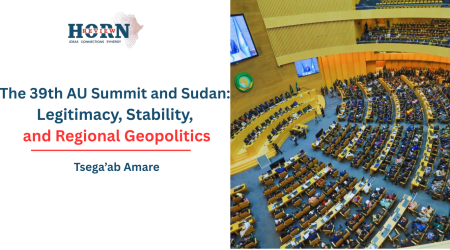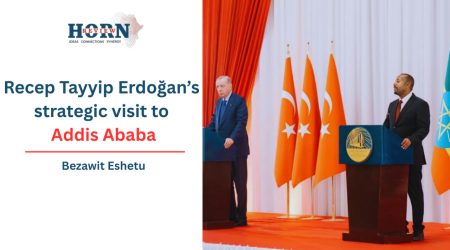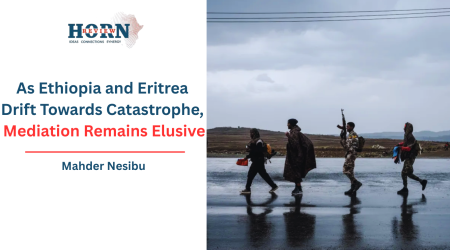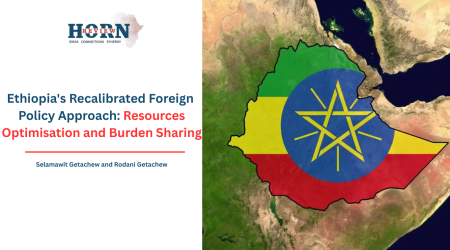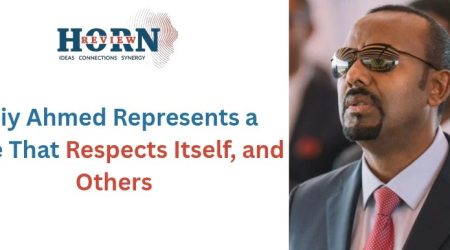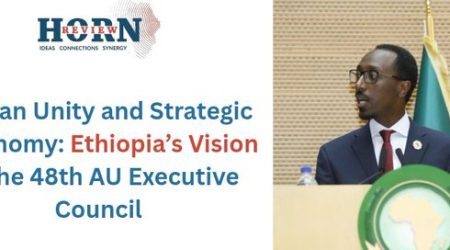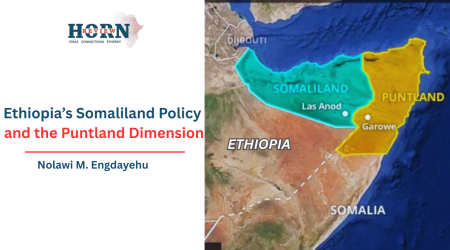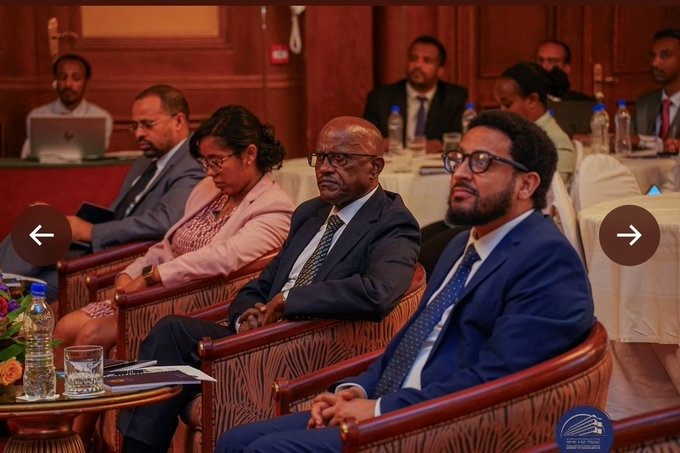
10
Jun
Exploring New Avenues: Ethiopia’s High-Level Conference on Economic Diplomacy
In Addis Ababa today, a high-level policy conference convened to examine a critical reorientation in Ethiopia’s foreign policy architecture: the elevation of economic diplomacy as a strategic priority. Held under the theme “Exploring New Avenues: Economic Diplomacy as the Mainstay of Ethiopian Foreign Policy,” the event was organized by the Institute of Foreign Affairs (@ifa_ethiopia) and the Ministry of Foreign Affairs (@mfaethiopia), bringing together diplomats, policymakers, and experts to reflect on how Ethiopia’s global engagements can better serve its national development agenda.
Opening the conference, State Minister Ambassador Hadera Abera emphasized that Ethiopia’s diplomacy must do more than manage bilateral relations or regional security concerns; it must be instrumental in advancing economic transformation. As he framed it, the country’s external engagements should be intentionally designed to secure capital, technology, and partnerships that align with Ethiopia’s Homegrown Economic Reform Agenda. He further noted that the recently launched Diplomatic Guide is a foundational tool for this shift, calling on Ethiopia’s diplomatic corps to master its principles and apply them proactively.
The discussion was anchored in the recognition that traditional diplomacy centered – on political alliances and reactive engagement – no longer suffices in a global environment increasingly shaped by economics. Zeleke Temesgen, Commissioner of the Ethiopian Investment Commission, pointed to the measurable outcomes of recent reforms: Ethiopia now ranks first in East Africa and third continent-wide as a destination for foreign direct investment (FDI). This, he suggested, is not just a marker of investor interest, but a reflection of Ethiopia’s broader repositioning in global economic circuits.
Jafar Bedru, Executive Director of the IFA, offered a candid assessment of the moment. Ethiopia, he argued, cannot afford to treat diplomacy and economic policy as separate spheres. Instead, it must adopt an integrated posture – one that sees embassies as economic outposts and diplomatic engagement as a tool of development strategy. “We need to shift from being reactive to being entrepreneurial in our diplomacy,” he urged.
Part of the Afro-Asia Cooperation Exchange Series II (AASCO), the conference also featured in-depth panel discussions on Ethiopia’s efforts to navigate international financial systems, leverage its reform momentum, and confront the external pressures that come with macroeconomic restructuring.
Beyond its formal presentations, the gathering reflected a deeper evolution in Ethiopia’s foreign policy thinking – one that acknowledges the country’s aspirations for economic sovereignty and global relevance in a rapidly changing world.

